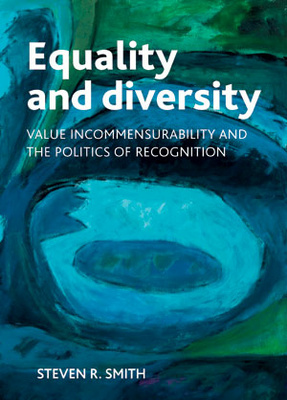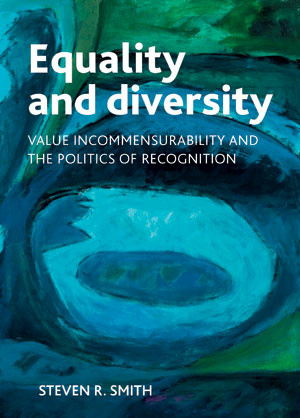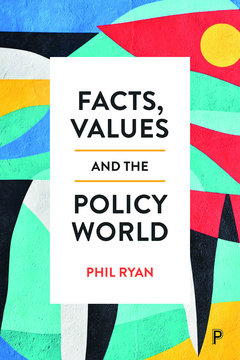Published
Jul 20, 2011Page count
208 pagesISBN
978-1847426079Dimensions
240 x 172 mmImprint
Policy PressPublished
Jul 20, 2011Page count
208 pagesISBN
978-1847426086Imprint
Policy PressAvailable Open Access under CC-BY-NC licence. This important book explores the values of equality and diversity as promoted across liberal societies, drawing on various traditions of political and social philosophy, including liberal egalitarianism, existentialism, and elements of post-modernism and post-structuralism. These philosophies are applied to policy and practice debates, especially concerning disability issues, but also relating to gender and multiculturalism. It will be of interest to academics and postgraduate students across a range of social studies disciplines.
"This is a deeply thoughtful book that will be of particular interest to academics and postgraduate students, and to health and social care practitioners." CNWL NHS Foundation Trust newsletter
"This book is essential reading for those of us engaged in thinking about how to achieve inclusive and political communities based on equal respect and solidarity, while at the same time acknowledging the plurality and incommensurability of the values that members of those communities hold as central to their vision of the good life." Phillip Cole, University of Wales, Newport
"You don't need to AGREE that liberal egalitarianism can be rescued from 'identity politics' by reconciling elements of 'analytic' and 'continental' philosophy to find Smith's argument fruitful and thought-provoking." Bob Brecher, University of Brighton
Steven R. Smith is Professor of Political Philosophy and Social Policy at University of Wales, Newport, and founding member of the Newport Social Ethics Research Group. He has published in numerous journals, contributed to key texts, has maintained various editorial roles for journals and books, and is author of two other research monographs. His main interests are in the relationship between theory or philosophy and professional and social practices, egalitarianism and the politics of recognition, and the philosophy of disability and the disability rights movement.
Equality, diversity and radical politics; Value incommensurability; Empathic imagination and its limits; Critiquing compassion-based social relations; Egalitarianism, disability and monistic ideals; Equality, identity and disability; Paradox and the limits of reason.












